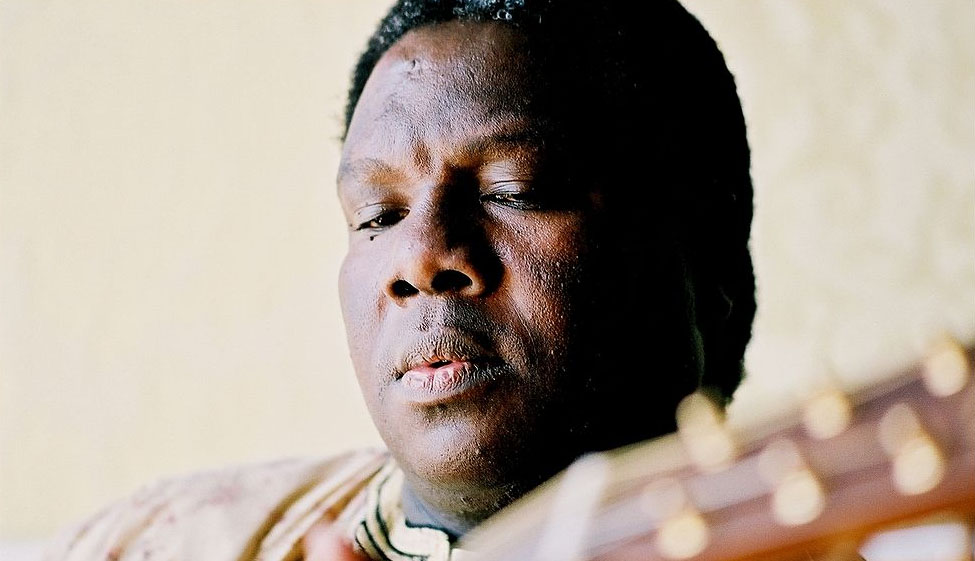Vusi Mahlasela

Vusi Mahlasela is applauded as one of Africa’s most poetic and unique voices, with a fanbase stretching past Africa and across the world, but South
Perhaps his most legendary song, “When You Come Back,” has become an anthem, rejoicing the return of those who escaped apartheid and were in exile. Mahlasela says the song’s optimistic lyrics, written years before the democratic change, were also for individuals arrested, like former South African president Nelson Mandela — not unexpectedly, Mahlasela was asked in 1994 to perform at Mandela’s inauguration.
Ardent about the dissemination the traditional African philosophy of Ubuntu, many of Mahlasela’s worldwide tours through his career have been benefit performances. He has also become a representative for the 46664. “Everyday kindness, love, forgiveness, reconciliation, so everything about us that makes us human.” Honoring a career that spans 20 years and 10 albums, Mahlasela was recently given a lifetime achievement award.
The singer is now concentrating on helping younger generations, supporting Africa’s future generation of musicians and songwriters through the foundation he created in 2000. “It is to give music lessons, but also to develop even those who are playing and we do have outreach programs for primary schools,” says Mahlasela. “They’re trying to encourage the schools and the governments to give lessons to the young ones and to encourage also the musicians or the students to start picking up folk, indigenous, traditional instruments, because it’s something that they really have to be proud of and to infuse them with Western instruments.”
Vusi Mahlasela, On stage, Ubuntu gleams through. Mahlasela’s distinctive vocals merger in wonderfully with his charming music, taking the spectators on an emotional journey. “My music is sort of more accessible to every listener, young and old, they love my music,” he says. “And I’ve seen it also happen that I have also gotten that energy back from the people — performing and after that when I’m going out there to sign CDs people will come to me with quite a lot of different great compliments, so it gives me the pleasurable feeling that I can really give something to the people and that will really change their lives to the better.”
But perhaps one of his biggest gig was in 2010 when he rang in the World Cup in, at Orlando Stadium in Soweto, where the massacre had taken place nearly 35 years prior. As he began singing the first few words of “When You Come Back,” the stadium of over 30,000 people erupted. After his emotional recital, Vusi humbly introduced the man responsible for the Truth and Reconciliation undertaking so vital to the rebuilding of South Africa—Archbishop Desmond Tutu. The song also worked as ITV’s theme song for their World Cup exposure in the UK.
